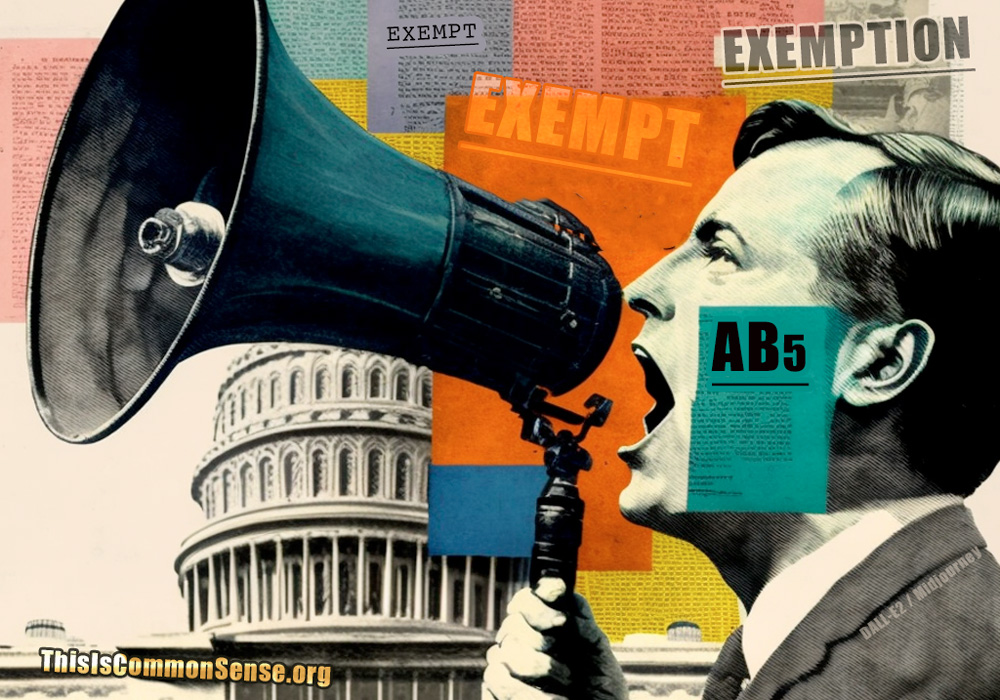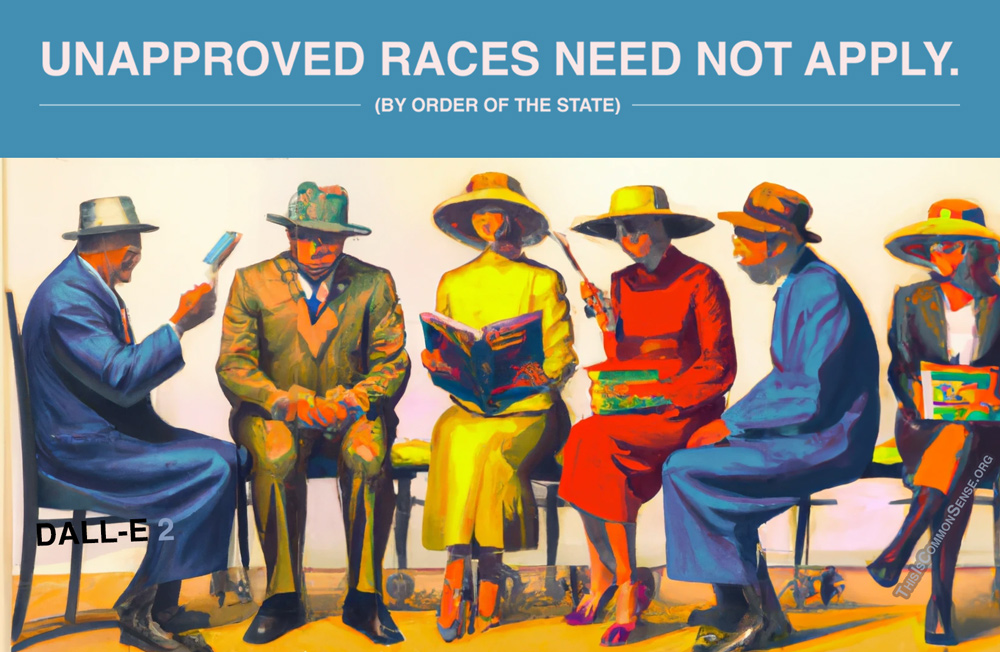Last Sunday, former White House press secretary Jen Psaki, now with her own MSNBC program, asked Representative Nancy Pelosi (D-Calif.) about packing the Supreme Court.
Rep. Pelosi’s response was, shall we say, telling.
“It’s been over 150 years since we’ve had an expansion of the court,” Pelosi said. “It was in the time of Lincoln that it went up to nine. So the subject of whether that should happen is a discussion. It’s not, say, a rallying cry. But it’s a discussion.”
Ms. Psaki also asked about term limits for the justices, and Nancy eagerly endorsed the idea, insisting there “certainly should be term limits. There certainly should be and if nothing else, there should be some ethical rules that would be followed.”
Justices aren’t getting as rich as congressmen . . . but still.
“I had one justice tell me he thought the other justices were people of integrity, like a Clarence Thomas,” Pelosi went on. “I’m like, get out of here.”
This plays as comedy off the MSNBC channel, of course. Nancy Pelosi, introduced by Psaki as being in Congress for a long, long time (“first elected to the House when Roe v. Wade had been the law of the land for 14 years”) is herself a fit poster ch — er, octogenarian — for establishing legislative term limits. Highlighting the High Court’s dip in popularity, Pelosi scoffed that the 30 percent approval “seemed high.” Of course, congressional approval is ten percentage points lower, and has been consistently.
Limits to power is something that applies to others, not oneself, I guess.
With permanent leaches at the teat of the State lingering year after year in office, like Pelosi, our attitude should be, like, get out of here.
This is Common Sense. I’m Paul Jacob.
Illustration created with PicFinder.ai
—
See all recent commentary
(simplified and organized)






